Vitamin B9 : Vitamin B9 is a water-soluble vitamin that is essential for your body.…
Top 10 Indian Foods Rich In Vitamin E
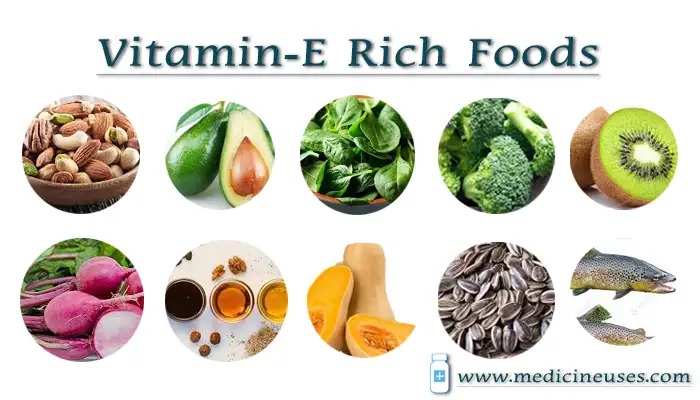
Vitamin E :
Vitamin E is an essential nutrient and a powerful antioxidant. It is found in high concentrations in the skin and reproductive organs of humans. Vitamin E benefits the body because it protects against cell damage that can lead to diseases like cancer, cardiovascular disease, or Alzheimer’s disease. It also aids in protein synthesis and helps maintain healthy levels of cholesterol.
- Vitamin E is a group of 8 fat-soluble vitamins with antioxidant properties
- Of the eight types, only one type, alpha-tocopherol, helps meet human nutritional needs
- It helps protect cell membranes and other fat-soluble tissues in the body against damage from oxidative stress
- Vitamin E can help protect against heart disease, cancer, and age-related eye damage (macular degeneration)
- Helps in healthy immune system, blood vessel health, and keeping the skin youthful
- Vitamin E is also important in the formation of red blood cells
- It helps the body use vitamin K
- It also helps widen blood vessels and keep blood from clotting inside them
- Cells use vitamin E to interact with each other
- It helps them carry out many important functions
- More of vitamin E from supplements can lead to excessive bleeding
Vitamin E is a fat-soluble vitamin that can be found in a variety of foods, including the following:
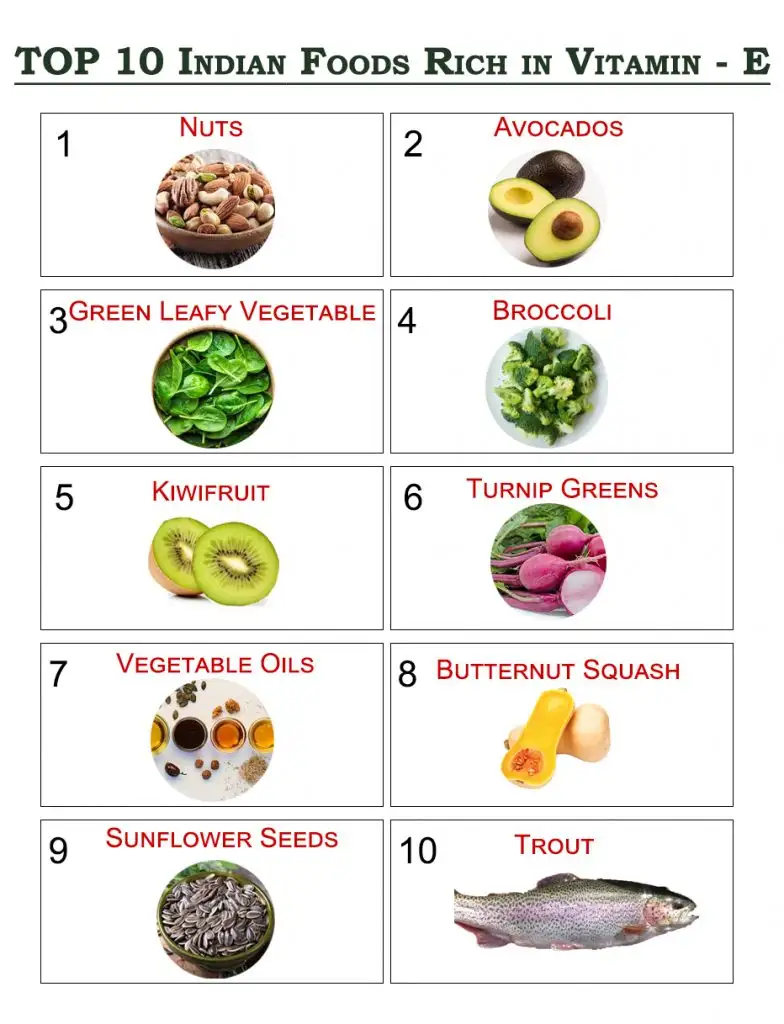
| 1 Nuts | 2 Avocados |
| 3 Green Leafy Vegetable | 4 Broccoli |
| 5 Kiwi | 6 Turnip Greens |
| 7 Vegetable Oils | 8 Butternut Squash |
| 9 Sunflower Seeds | 10 Trouts |
Ten Important Indian Foods Which is Rich in Vitamin E –
1. Nuts :
- Almonds – handful of almonds gives a quick fix of energy, almonds may be high in calories but it has twice the necessary amount of Vitamin E for the day i.e. 181%
- We can have almonds as such or roasted or make a glass of almond milk or top off a toast with almond butter
- Peanuts are a great source of antioxidants, rich in monounsaturated fats, help prevent colon cancer and gallstones, and good for the heart too
- There is 4.93 mg of vitamin E in a 100 g serving of dry-roasted peanuts
- Hazelnuts serves an excellent source of vitamin E, hazelnuts contain 21% of the daily recommended value of vitamin E per day, as well as protein, vitamin A and vitamin C
- Hazelnuts are exceptionally rich in folate and help lower LDL or bad cholesterol
- They can be eaten on their own or added to cookies, chocolates, cakes and pies
2. Avocados :
- Avocados is a versatile fruit and are very nutritious that contain very little sugar and plenty of nutrients, including 20 different vitamins and minerals
- In 100 g of avocado, there is 2.07 mg of vitamin E
- Avocado is high in healthy fats
- They contain more potassium than bananas
- Avocado are rich in fiber and with monounsaturated fatty acids
- Their fat content may help you absorb nutrients from plant foods
- Helps lower cholesterol and triglyceride levels
- Avocados comes with powerful antioxidants that protect your eyes
- Avocado extract helps relieve symptoms of arthritis
- Help prevent cancer
- Help in reducing weight
- The creamy, rich, fatty texture helps blend well with other ingredients, making it a healthful addition to many meals and snacks
3. Green Leafy Vegetable :
- Spinach is best vegie that can be consumed everyday, comes loaded with tons of nutrients in a low-calorie package
- Dark, leafy greens like spinach are important for skin, hair, and bone health
- They also provide protein, iron, vitamins, and minerals
- The anti-inflammatory properties of these greens can also reduce the puffiness or irritation
- Spinach juice helps in improved vision and maintains blood pressure
- A 100g serving of raw spinach contains 2.03 mg of vitamin E
4. Broccoli :
- Broccoli is full with soluble fiber that draws cholesterol out of our body, because the fiber in it helps bind with bile acids in the digestive tract
- So this makes excreting cholesterol out of our body easily
- In this way it helps loose weight and cholesterol reduction naturally and also helps in diabetes, heart disease, and overall mortality
- It has powerful antioxidants, which can help for good immune system
- Detoxifies your body – the sulforaphane in broccoli sprout protects the aerobic cells from damage by inducing a network of detoxification enzymes
- It also suppresses the inflammatory responses
- Helps in hair care, nutrients like vitamin A and vitamin C found in broccoli are great for keeping your hair thick, shiny and healthy
- A cup of broccoli has 0.11 mg of Vitamin E
5. Kiwi
- Kiwi is a fruit that is full of important vitamins and minerals and it contains both insoluble fiber and soluble fiber, vitamin C, folate, copper, potassium, antioxidants, vitamin E
- Both of these types of fiber help digestive system health and prevent overeating
Kiwis contain actinidin, an antioxidant that breaks down proteins in the body - It helps digest proteins and can help those who suffer with irritable bowel syndrome
- Improves skin health, fights inflammation, prevents vision loss, suopports immune function, reduces DNA damage, regulates BP, prevent blood clotting, helps asthma
- These brown fuzzy fruits have a sweet and slightly tangy taste with green flesh on the inside and has around 1.46 mg of vitamin E per 100gms
6. Turnip Greens :
- Turnips are high in nutrients, fiber and low in calories
- Both the root and the leaves of the turnip are edible, but turnip greens refer specifically to the stem and leafy green part of the plant
- The high levels of nutrients in turnip greens can enhance health and help prevent disease
- Protect the health of the cardiovascular system, reducing the risk of coronary heart disease, stroke, and hypertension
- Turnip greens are a good source of iron helps in healthy skin and hair, reducing anemia
- Osteoporosis prevention, diabetes, digestion and fertility and pregnancy
- Sulforaphane, a sulfur-containing compound, is what give cruciferous vegetables their bitter bite
- It also seems that sulforaphane can offer some protection against cancer
- Turnip greens contain choline, an important nutrient that helps with sleep, muscle movement, learning, and memory
- 100 grams : 2.9 mg of Vitamin E
7. Vegetable Oils :
- Some oils are very high in vitamin E, although aside from fat and calories, most contain little else in the way of nutrition
- Vitamin E-rich oils such as olive oil, wheat germ oil, almond and sunflower oil improve lung capacity and function
- Wheat germ oil : 100 grams : 149 mg
- Almond oil : 100 grams : 39 mg
- Sunflower oil : 100 grams : 41 mg
8. Butternut Squash :
- Butternut squash is a tasty vegetable common
- There is 1.29 mg of vitamin E in 100 g butternut squash
- Butternut squash is an abundant source of powerful antioxidants, including vitamin C, vitamin E, and beta-carotene
- Antioxidants help prevent or slow cellular damage and reduce inflammation, which may reduce your risk of several chronic diseases
- Prevents cancer, help protect against mental decline and heart disease
- Help in weight loss management
9. Sunflower Seeds :
- Sunflower seeds are packed with a variety of nutrients and enough fiber to keep our digestive system healthy
- Sunflower seeds make an excellent snack
- Sprinkle them on yogurt, oatmeal, or salad
- A 100-gram serving of sunflower seeds contains 35.17 mg of vitamin E
10. Trouts :
- Trouts are usually high in healthful omega-3 fatty acids
- Trouts boast good amount of protein
- A 100 g serving of trout contains 2.15 mg of vitamin E
- Shrimp – may be high in cholesterol but it is a low-calorie food which is rich in minerals and vitamins, especially Vitamin E
Vitamin E deficiencies and Side Effects
Vitamin E is a fat-soluble vitamin that’s an antioxidant and boosts the immune system in the human body, which is necessary for every healthy person. Deficiencies in Vitamin E can lead to muscle pains, lack of energy, and increased risk of certain cancers. Tocopherols are the forms of Vitamin E, and alpha-tocopherol is the most important form for humans.
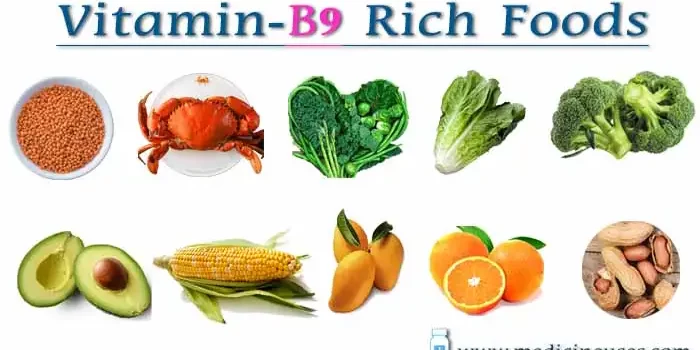
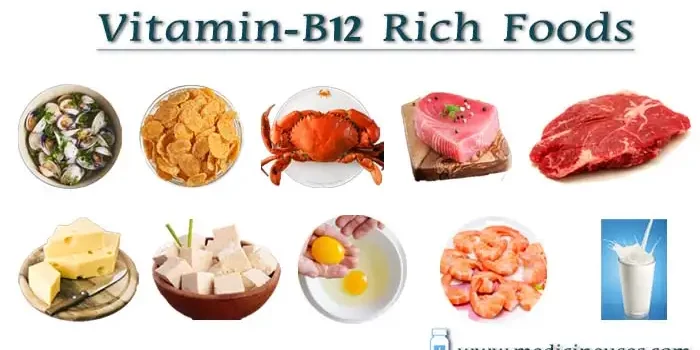
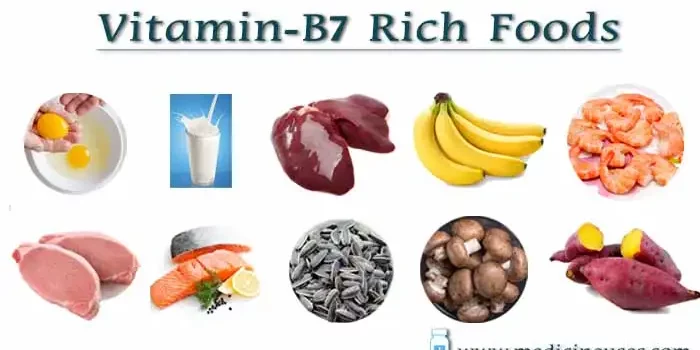
This Post Has 0 Comments